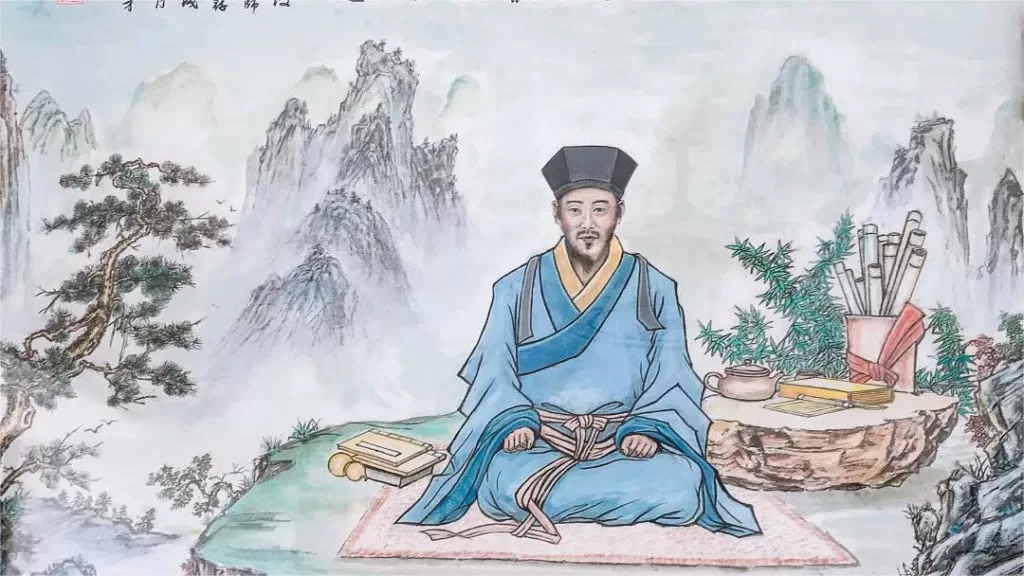Wang Shouren - Una figura prominente del neoconfucianismo


Wang Shouren (王守仁) (1472-1529), also known by his courtesy name Yangming, was a prominent thinker, literary figure, military strategist, and educator of the Ming Dynasty in China. Born in the northern part of Yuyao, Zhejiang province, Wang was the son of Wang Hua, a high-ranking official in the Ministry of Personnel in Nanjing.
Wang Shouren achieved the rank of jinshi, or successful candidate in the imperial examination system, in the twelfth year of the Hongzhi reign (1499) during the reign of Emperor Xiaozong. Over the course of his career, he served under three emperors: Xiaozong, Wuzong, and Shizong. Wang held various official positions, including the supervisor of the Longchang Relay Station in Guizhou, the magistrate of Luling, the right assistant censor-in-chief, the governor-general of Southern Jiangxi, and the viceroy of Guangdong and Guangxi. Notably, he successfully pacified rebellions in Southern Jiangxi and Guangdong, as well as the Chénhào Uprising. His military achievements led to the bestowment of the title Xinjian Bo, making him one of the three civilian officials in the Ming Dynasty to receive noble titles for military accomplishments.
Wang Shouren, in his later years, held the positions of Minister of War (Nanjing) and Left Censor-in-Chief. He passed away in the eleventh month of the seventh year of the Jiajing reign (1529) at the age of fifty-seven. Posthumously, he was honored with the title of Xinjian Hou and the posthumous title “Wencheng.” In 1584, during the reign of Emperor Muzong, he was further posthumously honored, and his spirit was enshrined in the Confucian Temple.
Wang Shouren’s philosophical contributions were centered around the concept of the “mind” (xin). He regarded the mind as the fundamental essence of the universe and proposed the thesis that “the mind is equivalent to principle” (xin ji li). He asserted that there is nothing beyond the mind, no external objects, no external affairs, and no external principles. Wang emphasized the unity of knowledge and action, later focusing on the idea of “cultivating the innate knowledge” (zhi liangzhi), asserting that the “innate knowledge” is synonymous with the “principle of heaven,” and advocating the introspective study of this principle from within.
Wang Shouren’s Yangming Confucianism had a profound impact on the development of Ming-era Neo-Confucianism. His teachings were further disseminated to countries like Japan and Korea, and he had numerous disciples who formed the renowned “Yaojiang School.” Wang’s writings, known for their breadth and elegance, are encapsulated in the collection “The Complete Works of Wang Wencheng,” which has been passed down through the ages.
Funcionarios chinos, Estudiosos chinos